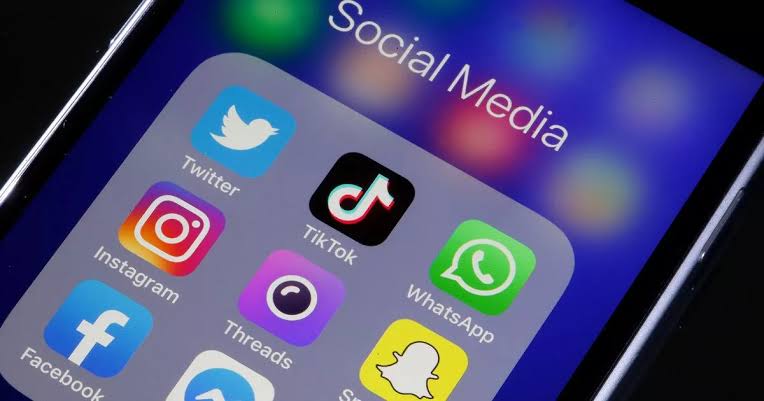
Unveiling the Power of Social Media in Kenya’s Anti-Tax Movement.


No structure yet successful, no leader yet triumphant – that’s what the recent events in Kenya, also known as the ‘Gen Z movement’, have exemplified.
The question that lingers is: can the success or sheer scale of these events be attributed to social media? What role did social media play in rallying young people to engage in significant actions? Can we draw parallels between these events and historical movements solely based on social media involvement? Is social media being credited more than traditional methods, or vice versa?
This debate can go both ways, but the undeniable role of social media in these events cannot be overlooked.
TikTok emerged as a powerful influencer in spreading awareness and fostering engagement. Videos reached over 500 million views, driven by Gen Z’s adept use of the platform. They dissected complex topics, including regional dialects like Dholuo, Ekegusii, Kikuyu, Bukusu, Maragoli, and Taita, aided by AI tools that simplified and explained intricate details.
A locally developed AI tool engaged over 10,000 users, fueling discourse on critical issues. Conversations on platforms such as X (formerly Twitter) surged with hashtags like #RejectBill, #OccupyMovement, and #ChangeNeeded, amassing millions of mentions.
Social media channels became pivotal for disseminating information and organizing collective actions. Platforms facilitated critical discussions, shifting momentum as events unfolded. Hashtags amplified calls for change, providing real-time updates on plans and locations.
Despite debates over social media’s influence, it fostered dialogue, unity, and purpose among users, transforming them from observers to active participants.
TikTok wielded unmatched influence, especially among influencers who originated content there before sharing it across broader platforms. Its significant user base among Kenya’s adult population underscores its role in shaping public discourse.
However, social media’s drawbacks were evident. Misinformation spread rapidly, prompting unverified reports and privacy concerns that impacted public trust.
During critical moments, social media provided real-time communication and protection. It broadcasted live scenes, documented events, and galvanized community support, exemplified by fundraisers that raised significant funds.
Despite challenges, social media in these events proved transformative, amplifying civic engagement beyond traditional methods.
Did social media achieve more than expected in Kenya’s civic movement? The resounding answer suggests it did. It mobilized masses, shaped discourse, and influenced tangible outcomes, marking a new era of digital activism.
Article By Suzy Nyongesa.
